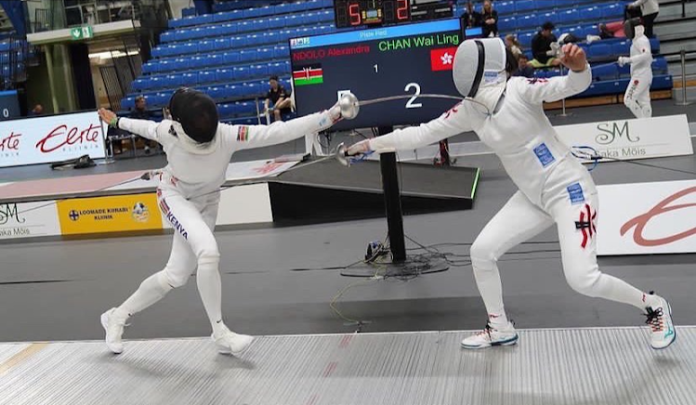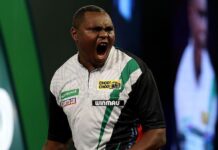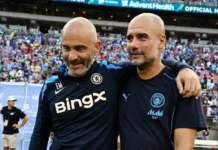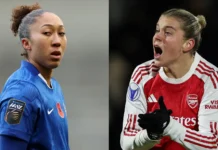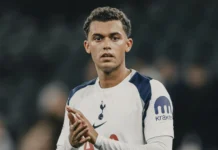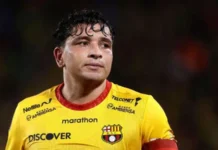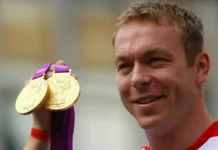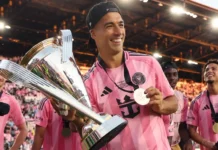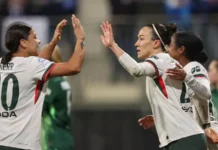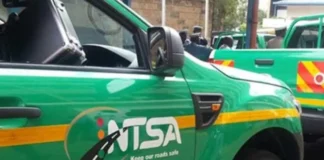The National Olympic Committee of Kenya (NOC-K) and the government have prioritised the case of fencer Alexandra Ndolo over other medal contenders for the 2024 Paris Olympics who require immediate financial assistance.
NOC-K Secretary General Francis Mutuku stated that his team was unable to enrol Ndolo in the Olympic Solidarity Fund because the organisation was still dealing with her change of citizenship at the International Olympic Committee (IOC).
Mutuku explained that Ndolo has been cleared to compete for Kenya by both the German and international fencing federations while they await the outcome of the IOC appeal. The IOC Executive Board will meet in June of this year.
This week, NOC-K officials will meet with government officials to discuss Team Kenya’s budget for the 2024 Olympic Games in Paris. It is expected that a funding breakthrough will be found for Kenyan medal hopefuls.
“We will continue consultating the government under these difficult circumstances to know which team or athlete should be funded or not,” said Mutuku, adding that they will know in the next two weeks albeit late.
“Ndolo is one of the athletes that we have put as medal prospects and need funding,” said Mutuku, adding that NC-K will see into it that Ndolo attend the Attica Fencing Championships scheduled for June 18 to 23 in Cairo, Egypt.
Ndolo took to social media to seek assistance in realising her dream of representing Kenya at the 2024 Paris Olympics.
Ndolo stated that she cannot develop or promote fencing in Kenya on her own without assistance from others.
Ndolo, who began competing for Kenya after giving up her German citizenship in September of last year, revealed on her social media platform that she has depleted her savings and is unable to fund her preparations.
According to International Olympic Committee (IOC) rules (Rule 41) on athlete nationality at the Olympics, an athlete who changes citizenship must wait three years before competing for the adopted country.
This period, however, can be reduced or cancelled with the agreement of both countries and the IOC Executive Board.
‘It’s time to be honest with myself and with the people around me. I have reached my limit,” said Ndolo. “I hate to admit it, I hate to ask for help, but I feel I can no longer lie especially if those lies are protecting the system that should support me.”
Ndolo said that she doesn’t want to be the one feeding into the narrative of an African country being too disorganised or unwilling to support their high-level athletes.
“I am very protective of the way Africa is being perceived on other continents but here is the truth,” said Ndolo.
Ndolo explained that she has organised and financed all her fencing season, which has taken a toll on her financially.
“I have planned, booked and paid for every single training camp and competition. I have traveled to many competitions without my coach and not once taken a physio with me,” said Ndolo on her Instagram page.
As a fencer of her caliber, Ndolo explained that it is not just unusual but unheard of.
“I have completely exhausted my resources and built up a debt that is quite frankly threatening my existence,” said Ndolo, adding that contrary to the common idea of people living in Europe, she isn’t rich.
“I can’t afford to promote fencing in Kenya, assure visibility for the young Kenyan athletes, the young Kenyan coaches and provide results for the officials whilst getting no support whatsoever,” said Ndolo.









